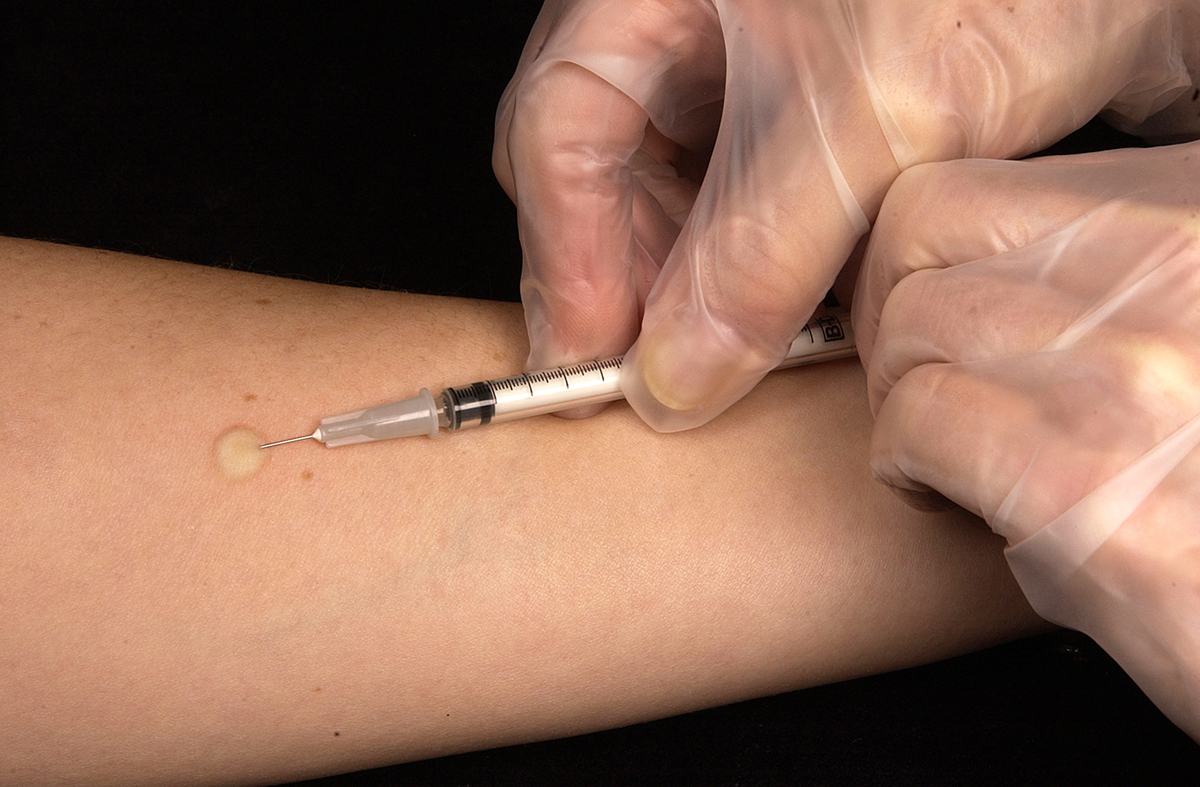
Human Parvovirus
Parvovirus B19 (B19,erythrovirus B19) is a human virus. It belongs to the family ofParvoviruses and to the genus Erythrovirus. There are many parvoviruses thatcause animal diseases, but B19 is causing only human infections.
This virus is known to cause rash in children, and this conditionis called fifth disease or sometimes erythema infectiosum. Often, doctors referto this viral infection as slapped cheek syndrome.
Fifth disease is common among children, but people of allages may be infected with this virus. B19 infection is contagious, luckily onlyin initial stages. People that already developed the symptoms and the rash can’tpass on the infection. Infected people transmit the disease by air because exhaledair contains the virus and spread the infection.
Symptoms in Humans
Usually, people can’t tell the difference between commoncold and parvovirus infection. It’s because initial symptoms are quite similarin both of these conditions. People frequently complain about the fever, tiredness,headaches and aching throat. Some patients notice unexplainable itching wheninfected with human parvovirus. These symptoms last for a week and all thattime viral infection can be spread among the people surrounding the patient. Afterthat time, patients develop the full picture of the disease. Red rash that itchis the characteristic symptom for this condition. In most cases, the rash islocated on the cheeks, but it might appear anywhere on the body. Rash has a tendencyto emerge on feet and hands, which is why they call the condition glove andsock rash.
Complications
HIV/AIDS patients are sensitive infections in general,including B19 infection. This viral infection might cause anemia in AIDSpatients. Pregnant women and people suffering from other diseases (includingcancers and anemias) should be very careful not to be exposed to B19. In thesepatients doctors noticed much more complications than usual, and the virus isknown to cause health issues in unborn babies.
Parvovirus Treatment
Early stages of the parvovirus infection resemble commoncold or flu and because of that, this condition often gets diagnosed in laterstages.
Doctors usually prescribe non steroidal anti inflammatorydrugs (NSAIDs) to relieve some of the symptoms, usually just the initial feverand weakness. This treatment works in people that don’t have any other medical condition.
Patients with compromised immune system usually developanemia after the parvovirus infection. Immune globulin injections are the mostcommon solution for this problem.
Whenever there is a viral infection (including B19 infection)doctors recommend resting and taking sufficient amount of fluids, to enhanceexcretion of the virus from the body.




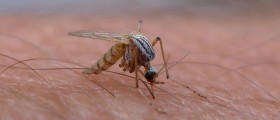
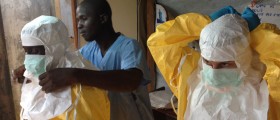
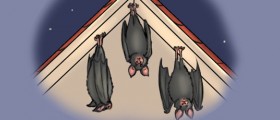
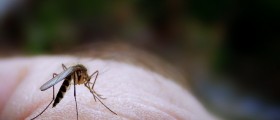
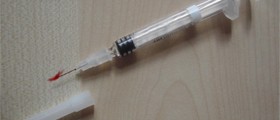


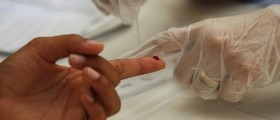


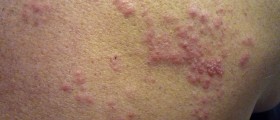


Your thoughts on this
Loading...